效基督、學語言、語言學。箴三5–6。
🇨🇦🇭🇰😅


大家好,我嘅研究需要您嘅參與!請大家幫手分享出去!
Link to the registration form 報名表格: forms.office.com/r/sVQfiPYUhD
#Cantonese #廣東話 #Toronto #多倫多
大家好,我嘅研究需要您嘅參與!請大家幫手分享出去!
Link to the registration form 報名表格: forms.office.com/r/sVQfiPYUhD
#Cantonese #廣東話 #Toronto #多倫多


大家好,我嘅研究需要您嘅參與!請大家幫手分享出去!
Link to the registration form 報名表格: forms.office.com/r/sVQfiPYUhD
#Cantonese #廣東話 #Toronto #多倫多

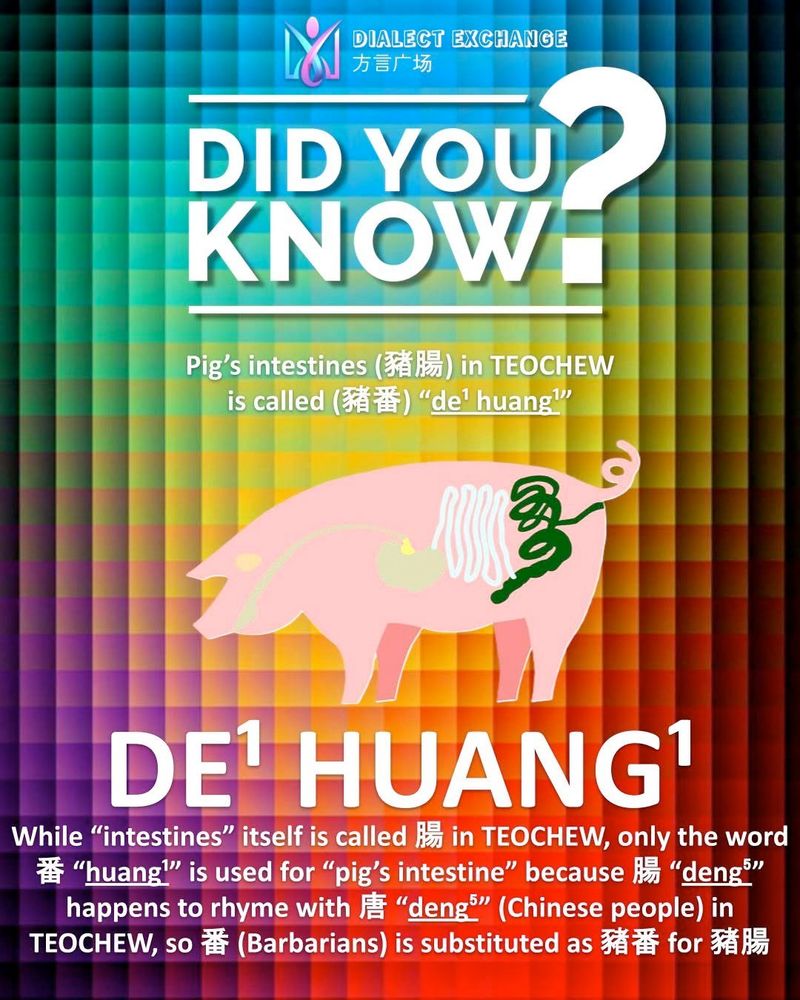

FAMA PER ORA VOLAT
SPIRITUS ASTRA TENET

FAMA PER ORA VOLAT
SPIRITUS ASTRA TENET
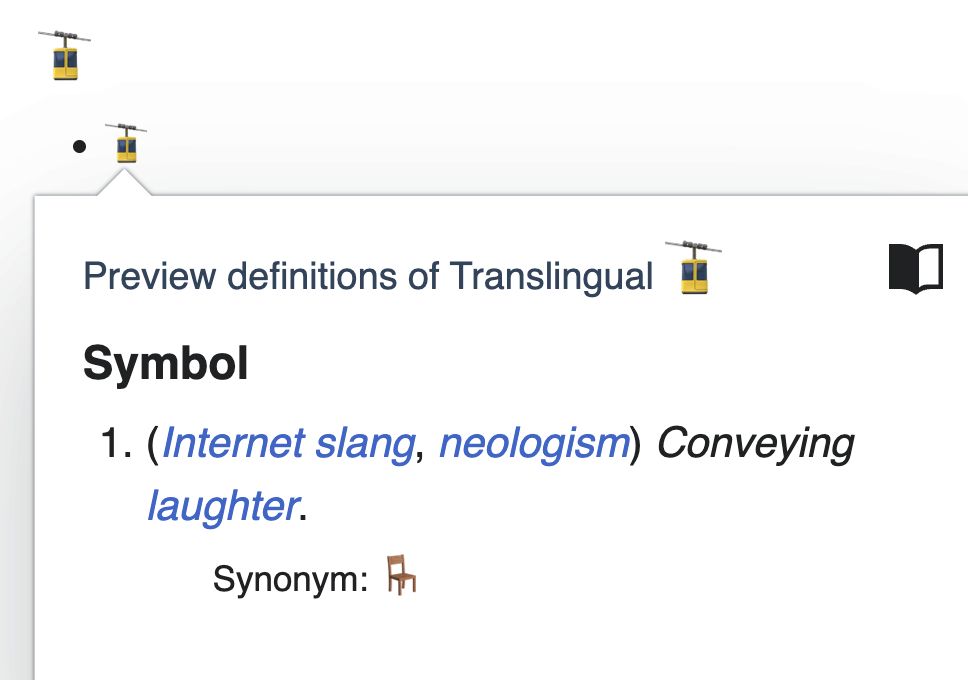
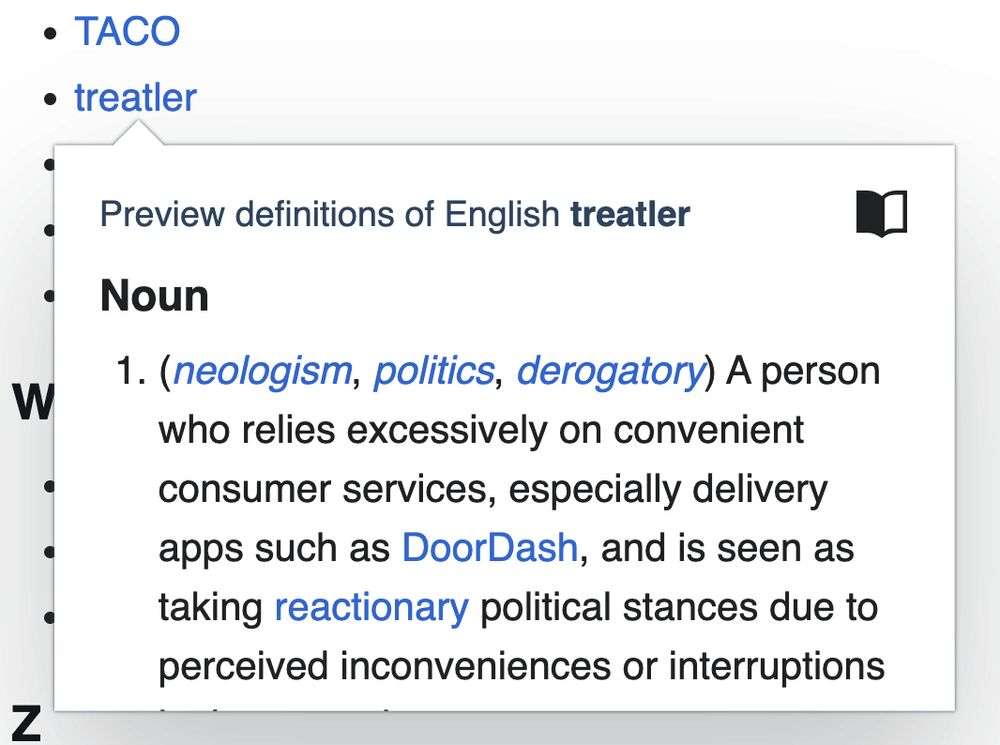
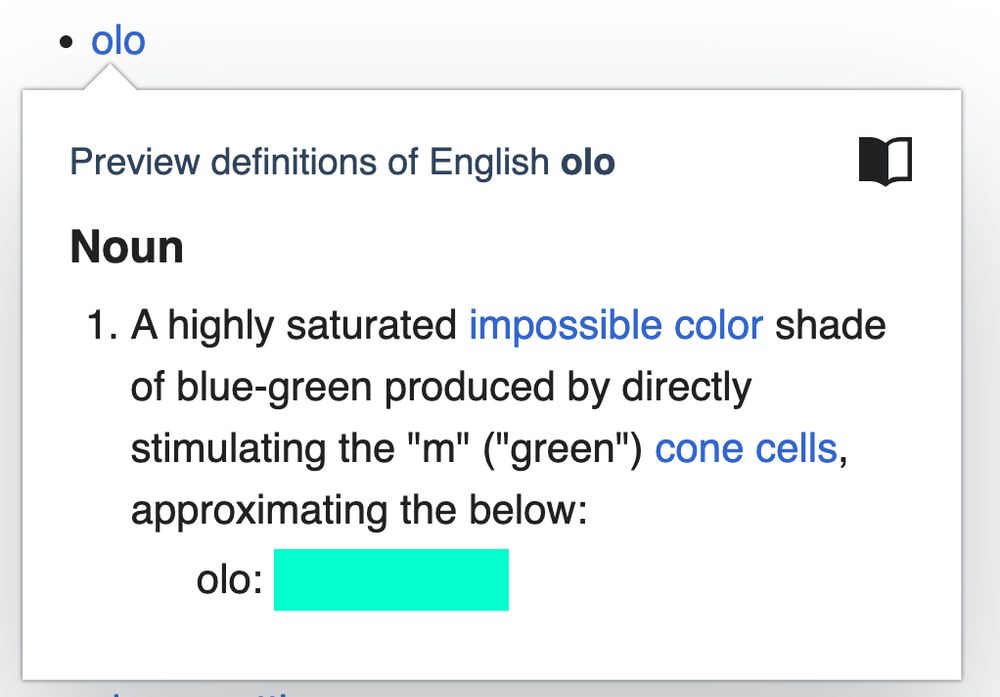
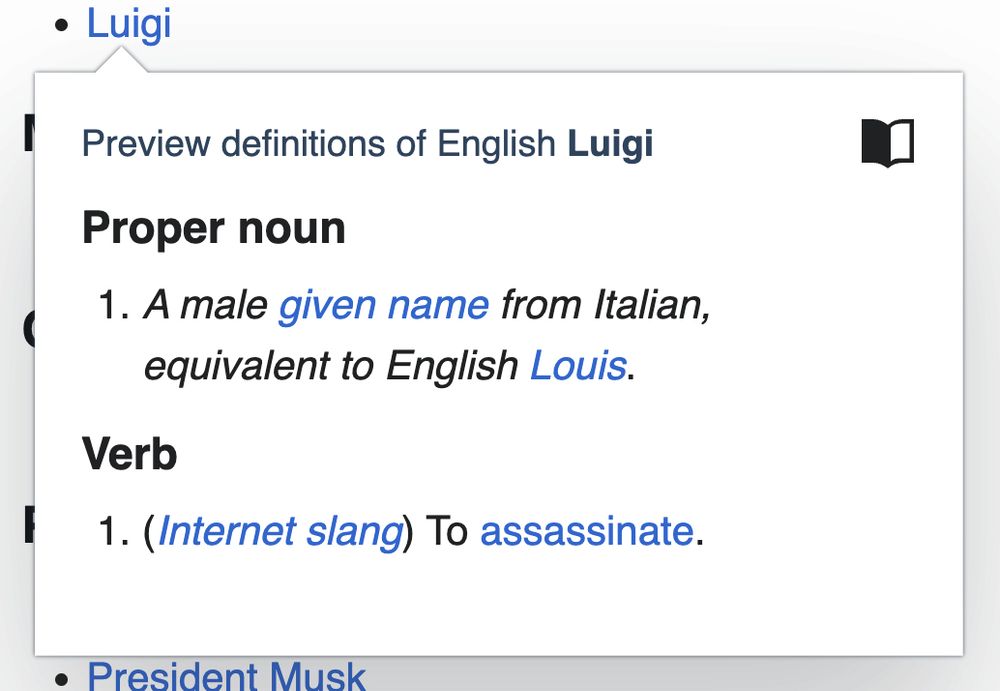

The Mandarin word dǎdī 打的 meaning ‘hail a cab’, ‘ride in a taxi’ is strange, right? It sounds strange. It looks strange. What’s up with this word?
1/

The Mandarin word dǎdī 打的 meaning ‘hail a cab’, ‘ride in a taxi’ is strange, right? It sounds strange. It looks strange. What’s up with this word?
1/
This character is already under the radar of the Ideographic Research Group, so hopefully this will be encoded soon 😊 hc.jsecs.org/irg/ws2024/a...

This character is already under the radar of the Ideographic Research Group, so hopefully this will be encoded soon 😊 hc.jsecs.org/irg/ws2024/a...

On 23 March 1839, the word OK appeared for the first time in the Boston Morning Globe. It was a humorous abbreviation for "oll korrect". Funny abbreviations were kind of a fad at the time, kind of like the netspeak we see today.
We at Because Language hope your day is OK.

On 23 March 1839, the word OK appeared for the first time in the Boston Morning Globe. It was a humorous abbreviation for "oll korrect". Funny abbreviations were kind of a fad at the time, kind of like the netspeak we see today.
We at Because Language hope your day is OK.
Let’s see if we can figure out what’s going on. 加油!
1/

Let’s see if we can figure out what’s going on. 加油!
1/
蛇出山穴喜報春!
#CNY2025 #CNY #LunarNewYear
H/t @justinrleung.bsky.social for the map.

蛇出山穴喜報春!
#CNY2025 #CNY #LunarNewYear
H/t @justinrleung.bsky.social for the map.
On that note, Happy “Liu” Year! 🐍

On that note, Happy “Liu” Year! 🐍
Here are different ways the Chinese languages have landed on naming the slithery creature 🧵
The most common name is 蛇, attested in the oracle bones as 它. (The etymology of this word is uncertain; see en.wiktionary.org/wiki/%E8%9B%87) /1

Here are different ways the Chinese languages have landed on naming the slithery creature 🧵
The most common name is 蛇, attested in the oracle bones as 它. (The etymology of this word is uncertain; see en.wiktionary.org/wiki/%E8%9B%87) /1
Now to actually embark on what I proposed… 😅😅😅
Now to actually embark on what I proposed… 😅😅😅
In reality, 'arigatō' was already used a century before the Portuguese first visited Japan.
'Obrigado', in turn, is first attested in the sense of "thank you" a century after the Portuguese arrival.
1/

In reality, 'arigatō' was already used a century before the Portuguese first visited Japan.
'Obrigado', in turn, is first attested in the sense of "thank you" a century after the Portuguese arrival.
1/




